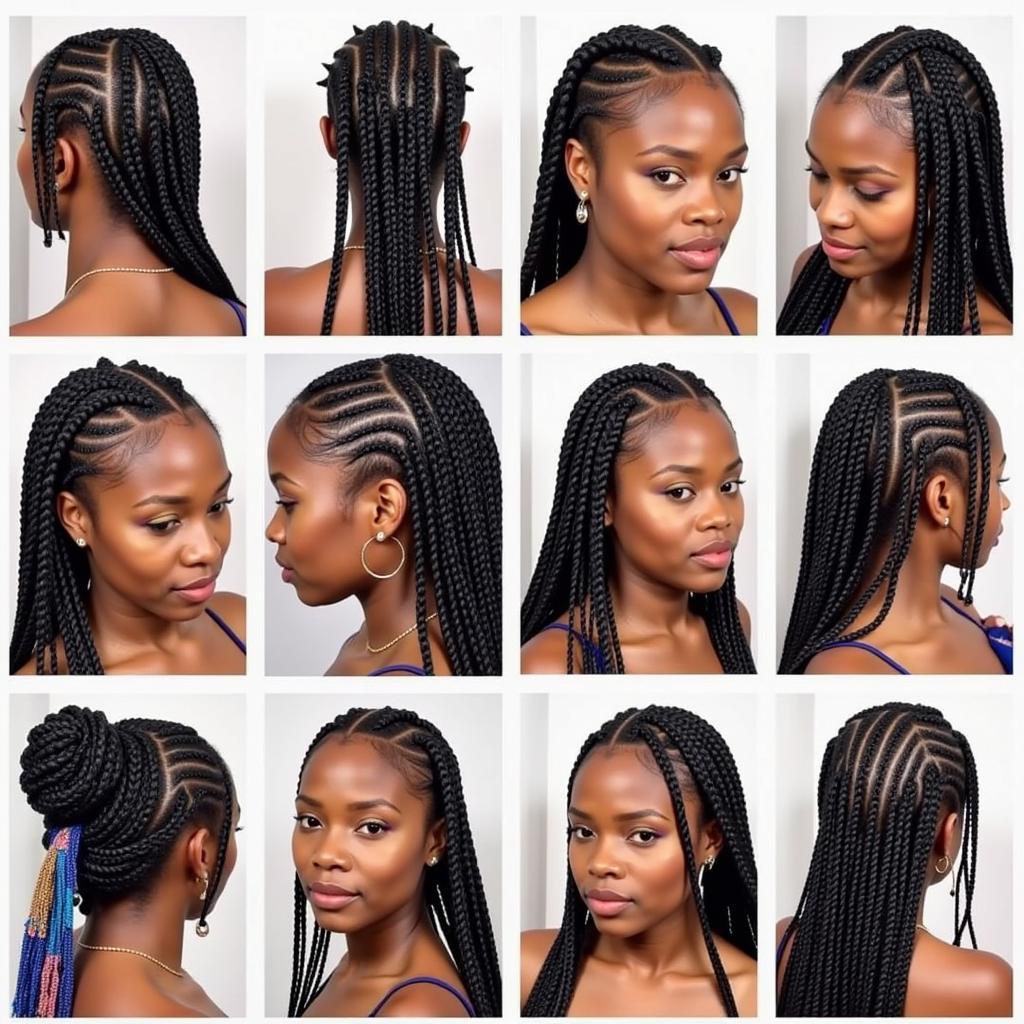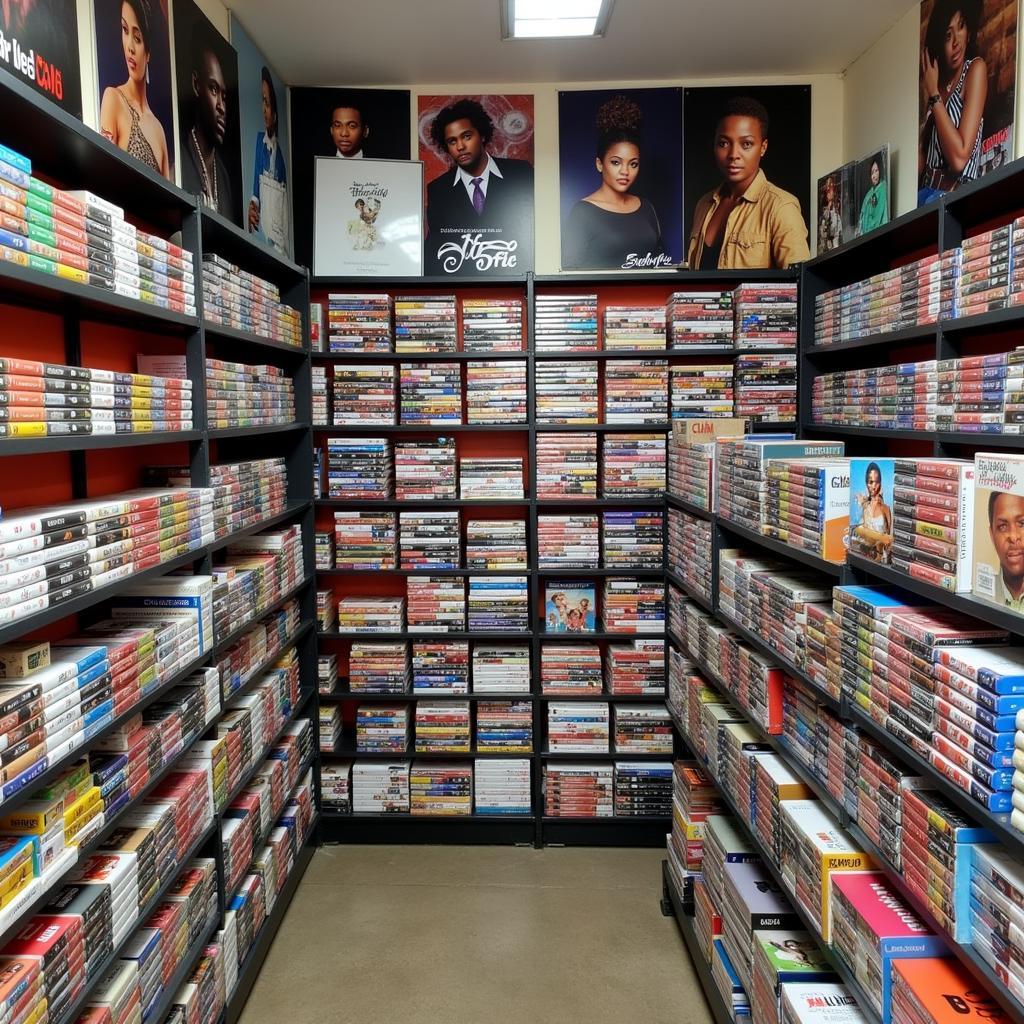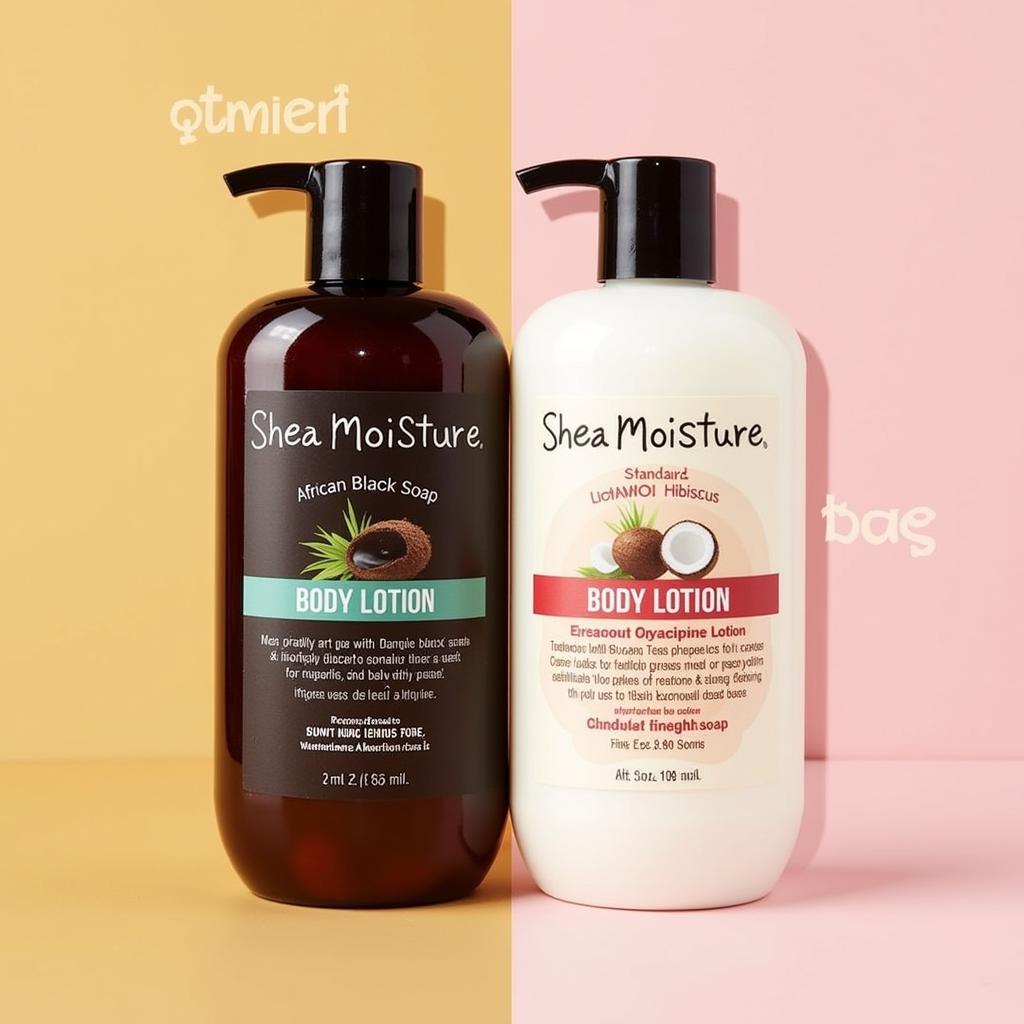Exploring the Rich Heritage of African American Fabric
African American Fabric tells a vibrant story of creativity, resilience, and cultural identity. From its roots in West African textile traditions to its evolution in the American South, this rich tapestry reflects a journey through history, expressing both struggle and triumph. This article delves into the significance of African American fabric, its historical context, contemporary influences, and the enduring legacy it represents.
African American fabric traditions have deep connections to West Africa, where techniques like mud cloth dyeing and kente weaving originated. These techniques were carried across the Atlantic during the transatlantic slave trade and adapted, transformed, and reimagined in the new world. Enslaved Africans used scraps of fabric and whatever materials they could find to create quilts and clothing, not just for practical purposes but also as a form of artistic expression and a way to preserve cultural memory. These early forms of African American fabric represent a powerful testament to human ingenuity and the enduring spirit of a people. After the Civil War and during the Jim Crow era, African American fabric continued to evolve, becoming a symbol of resistance and self-determination. Check out more about African culture and values.
The Influence of West African Textiles
The influence of West African textiles on African American fabric is undeniable. Bold colors, intricate patterns, and symbolic motifs are recurring themes. Indigo dyeing, a technique prevalent in West Africa, became a staple in African American communities, creating beautiful shades of blue that adorned clothing and household items. Similarly, strip weaving, another West African technique, found its way into African American quilting traditions, adding texture and visual interest to these cherished creations.
African American Fabric in the 20th Century and Beyond
The 20th century saw a resurgence of interest in African American fabric as a symbol of cultural pride. The Black Arts Movement of the 1960s and 70s embraced African aesthetics, incorporating traditional patterns and techniques into contemporary art and fashion. This renewed focus on heritage helped to elevate African American fabric from its utilitarian roots to a powerful form of artistic expression. Today, designers are drawing inspiration from these rich traditions, creating modern interpretations that celebrate the past while looking towards the future. You can find beautiful examples of African fabric designing.
The Symbolism and Storytelling Within the Cloth
African American fabric is more than just material; it’s a powerful medium for storytelling and cultural preservation. Quilts, for example, often served as coded messages during the Underground Railroad, guiding enslaved people to freedom. The patterns and colors woven into the fabric hold deep meaning, reflecting the history, beliefs, and experiences of the community. These visual narratives continue to resonate today, connecting generations and reminding us of the strength and resilience of the human spirit.
Renowned textile artist, Dr. Abena Quashie, notes, “African American fabric is a tangible link to the past, a testament to the creativity and resilience of a people who transformed adversity into beauty. It’s a living history, woven into the very fabric of our being.”
African American Fabric Today: A Celebration of Heritage
Today, African American fabric continues to evolve, blending traditional techniques with modern influences. From fashion designers incorporating vibrant prints into their collections to artists creating stunning textile installations, the legacy of African American fabric is alive and thriving. The demand for authentic and ethically sourced African American fabrics is also growing, supporting artisans and preserving traditional crafts. Read more on the African freedom movement.
What is the significance of African American Fabric?
African American fabric represents a powerful blend of cultural heritage, artistic expression, and historical significance, serving as a testament to the resilience and creativity of African Americans.
Where can I find authentic African American Fabrics?
Authentic African American fabrics can be found at specialty stores, online marketplaces, and directly from artisans.
How can I incorporate African American Fabric into my home decor?
From vibrant wall hangings to unique upholstery, African American fabric can add a touch of cultural richness and visual interest to your home.
What are some popular African American Fabric patterns?
Popular patterns include Kente cloth, mud cloth, and indigo-dyed fabrics, each carrying its own unique symbolism and history.
Professor Kofi Asante, a leading historian of African textiles, states, “The beauty of African American fabric lies not just in its aesthetic appeal, but in its profound connection to history and identity. It’s a visual language that speaks volumes about the journey of a people.”
How has African American fabric influenced contemporary fashion?
African American fabric has had a significant impact on contemporary fashion, inspiring designers to incorporate vibrant prints, bold colors, and traditional techniques into their creations. Consider getting a unique African baby dolls for your little ones.
What is the future of African American fabric?
The future of African American fabric looks bright, with a growing appreciation for its cultural significance and a renewed focus on preserving traditional techniques while embracing innovation.
In conclusion, African American fabric is more than just cloth; it’s a living testament to a rich cultural heritage. From its West African roots to its contemporary interpretations, African American fabric tells a story of resilience, creativity, and enduring cultural identity. By understanding its history and appreciating its artistry, we can connect with the powerful legacy woven into every thread. Explore the African American Freedom Trail Boston for a deeper understanding.
Need help exploring African American fabric further? Contact us at +255768904061, kaka.mag@gmail.com or visit us at Mbarali DC Mawindi, Kangaga, Tanzania. Our team is available 24/7.



